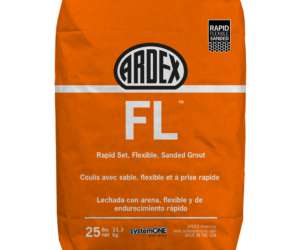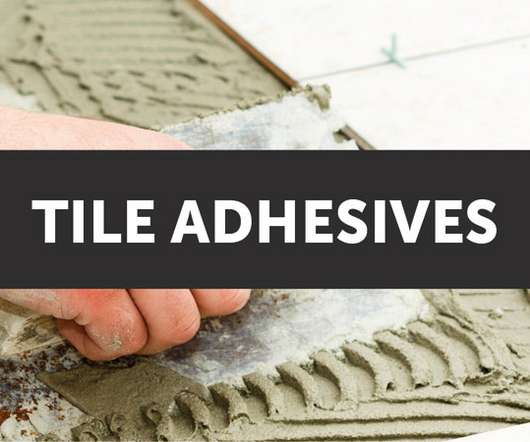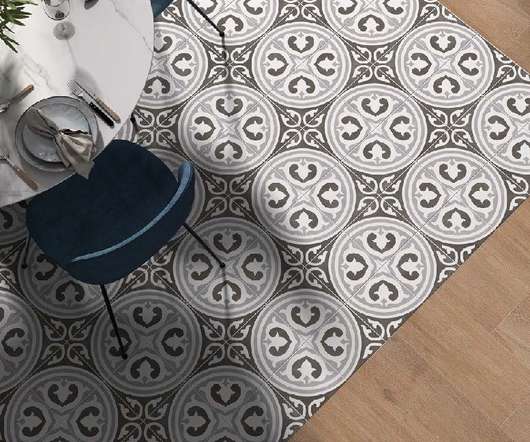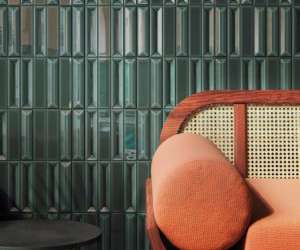Grouts, sealants help ease the task at hand
Floor Covering News
MAY 6, 2022
“It’s important for exterior installations to be protected from the [prospect] of efflorescence,” said Ian O’Connor, product manager, grout, care and tools, Custom Building Products. He recommended a rapid-setting, high-performance cement grout as well as a rapid-set, high-performance mortar. Custom Building Products.








































Let's personalize your content